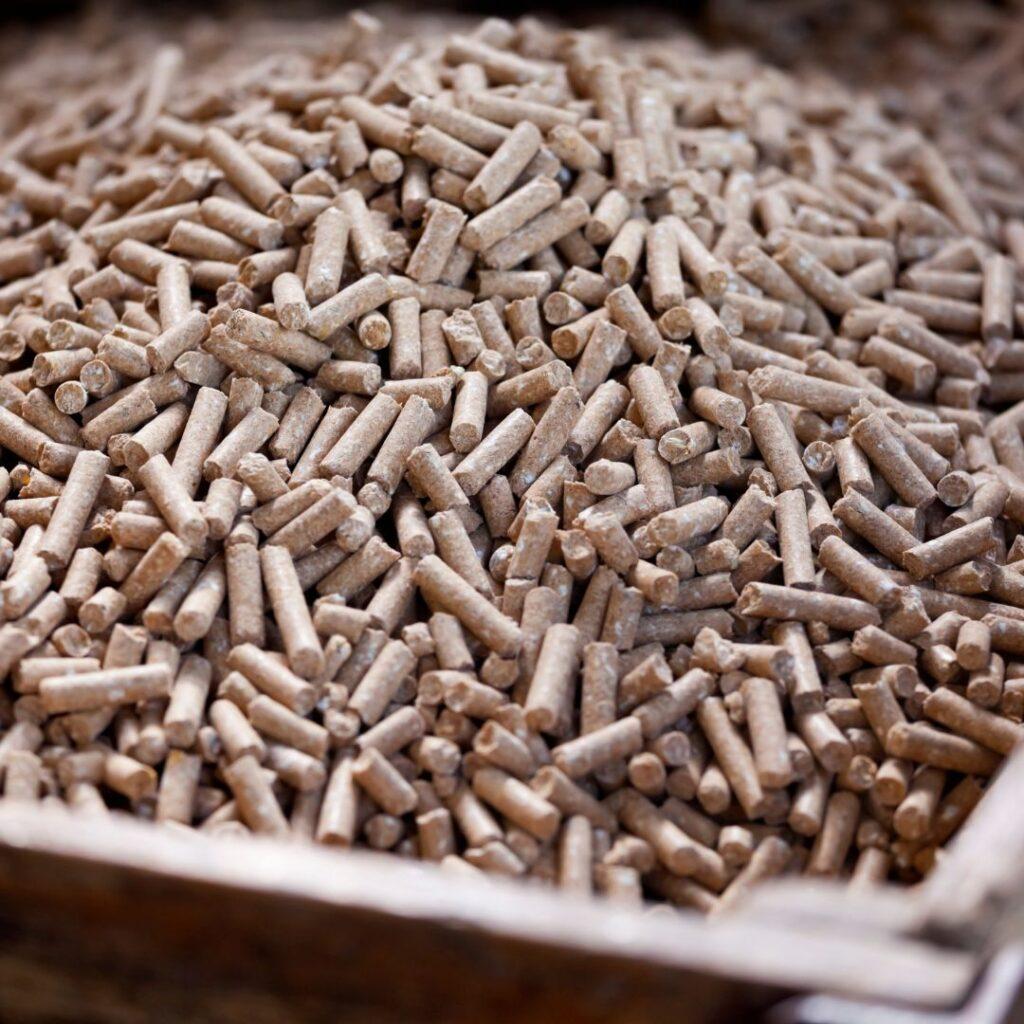There are a lot of discussions appearing on the internet about using food grade materials rather than feed grade materials, with the general assumption that food must be better than feed grade.
The Animal feed industry is complex and tightly regulated, with manufacturing companies operating to strict regulatory frameworks, with rigorous auditing processes. The nature of the industry is such that these Feed Grade materials are subject to tighter controls, greater testing and increased regulatory controls than food grade materials.
Why Feed Grade Materials are Subject to Tighter Controls and Restrictions than Food Grade Ingredients
In the realm of nutritional products, the terms “feed grade” and “food grade” are commonly used to differentiate between materials intended for animal consumption and those intended for human consumption.
Surprisingly to some, feed grade materials often face stricter controls and more rigorous restrictions than their food grade counterparts. This blog explores the reasons behind this seemingly paradoxical situation.
1. Animal Health and Welfare
Animals, especially livestock, are critical to the agricultural economy and human food supply. Ensuring their health and welfare is paramount. Feed grade materials must meet stringent standards to prevent the introduction of harmful substances that could lead to disease outbreaks among animal populations. Contaminated feed can result in severe health issues, leading to economic losses and ethical concerns regarding animal treatment.
A number of ingredients when approved for human use have wider margins of safety for heavy metals, whereas these are narrower in animal feed. In addition there are a wide number of food additive that are simply not approved for use in feed, often due to insufficient safety data.
2. Human Food Safety
Feed grade materials directly impact the safety and quality of animal-derived food products such as meat, milk, and eggs. Contaminants or toxins in animal feed can accumulate in the animals and subsequently enter the human food chain, posing significant health risks.
The melamine contamination incident in 2008 involved the adulteration of animal feed with melamine, a toxic chemical. This contamination not only affected the health of pets and livestock but also raised alarms about the potential for human exposure through consumption of contaminated animal products.
3. Environmental Impact
The production and use of animal feed have substantial environmental implications. The runoff from farms can introduce pollutants into water bodies, affecting ecosystems and human health. The broader agriculture industry is facing huge challenges posed by manure runoff, and while horses may have a lower impact than a poultry farm, heavy metal & other nutrient levels in manure require consideration. Tighter controls on feed grade materials help mitigate these environmental risks by ensuring that feed production and usage are environmentally sustainable.
Regulations often include restrictions on the use of certain additives in feed, which can reduce the environmental impact of agricultural runoff.
4. Economic Considerations
The agricultural sector is a significant part of the global economy. Disease outbreaks or contamination incidents can lead to trade restrictions, market instability, and financial losses. Ensuring the quality and safety of feed grade materials is essential for maintaining market confidence and economic stability.
5. Regulatory Frameworks
Various international and national regulatory bodies oversee the safety and quality of feed grade materials. Organizations such as the Food and Agriculture Organization (FAO), the European Food Safety Authority (EFSA), and the Food Standards Agency (FSA) have established guidelines and regulations specifically for animal feed to ensure global standards are met.
Conclusion
The tighter controls and restrictions on feed grade materials compared to food grade ingredients reflect a comprehensive approach to safeguarding animal health, human food safety, environmental sustainability, and economic stability.
These stringent regulations are essential for preventing contamination, ensuring the well-being of your horse as well as maintaining the integrity of the food supply chain. While horses are not generally considered an agricultural animal in the UK, there are some distinct benefits to using feed grade materials in ensuring your horses have the safest possible products in their diet.
To be sure your feed and supplements are manufactured to the highest standards, use products manufactured to a recognised feed assurance standard. In the UK, one of the most common feed assurance schemes is UFAS – the Universal Feed Assurance Scheme.
Equiform Nutrition products are manufactured to UFAS standards, with additional NOPS assurance covering the prohibited substance risks around the feed ingredients used in all our products.


